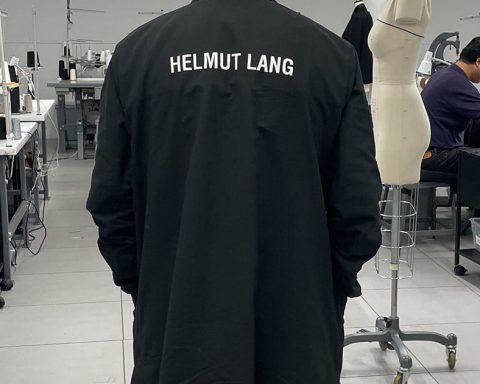Why are millions and millions of euros of unsold garments destroyed by the same manufacturers? According to a study conducted by the Business of Fashion portal, the fashion industry produces 50 million euros of production waste every year. Stocks of past collections that could hardly be placed on the market at the exorbitant prices at which these brands are used to selling their products. The solution? Send everything to the incinerator!
The only alternative, apparently more logical, would be to sell those clothes at bargain prices, if not even give them away. A solution viewed by a bad eye by most fashion brands that make exclusivity of the product their workhorse and which, in order to prevent an iconic brand or accessory from becoming too common, prefer to destroy excess stocks rather than see them in the outlets at competitive prices or worse, on sale on the black market.
A choice dictated not only by reasons of image and exclusivity but also by fiscal reasons. Commercial duties on this type of product are in fact very high and in some cases can be around 16% to 60% of the total value, especially in the case of products imported from France to the United States. In this way, companies can take advantage of reimbursements on unsold goods for duties paid.
The practice is therefore widespread in various sectors but, especially in an industry such as fashion and luxury founded on the concept of exclusivity, the phenomenon reaches worrying levels, both ethically and environmentally. In fact, few know that the fashion industry is one of the ones that pollutes the most, second only to the oil industry. And it is precisely on the basis of these data that France in these days is discussing the “Loi Anti Gaspillage“, the so-called anti-waste law.
The law, already approved by the Senate and pending the approval of the Chamber, prohibits the destruction of the unsold and provides for the obligation for companies to implement a circular production system such as to avoid waste, through the recycling or reuse of garments unsold.
We do not know if this will be sufficient to avoid this kind of practice but it is certainly a first step in the right direction, waiting for the rest of Europe and the world to adapt.








